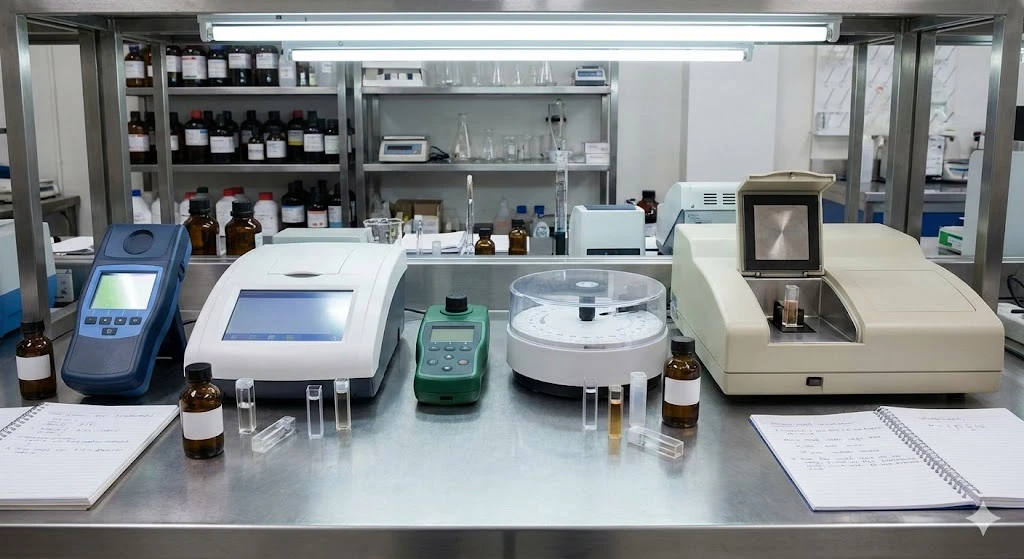Hemp Industry Developments: A Mix of Legal Challenges and Sustainable Innovations
The hemp industry continues to be a focal point of both innovation and controversy. While new applications for hemp-based products are being explored, particularly in areas like sustainability and agriculture, the legality of hemp-derived cannabinoids remains hotly debated. Below is a roundup of key developments shaping the industry today.
Legal Challenges Surrounding Hemp-Derived Cannabinoids
Arguably, the most controversial topic in the hemp industry today revolves around the legality of hemp-derived cannabinoids. The 2018 Farm Bill legally defined hemp as plant material containing less than 0.3% THC by dry weight. Hemp-derived CBD has since become a booming market, extracted, purified, and utilized in various products. However, new synthetic derivatives of CBD, such as Delta-9 and Delta-8 THC, have emerged, pushing the boundaries of what is considered legal under the bill.
Delta-9 and Delta-8 THC can be produced by synthetically modifying CBD through a process called isomerization. Whether these modified cannabinoids still classify as "hemp-derived" has raised legal questions. A proposed amendment to the Farm Bill aimed at clarifying these definitions has already met strong opposition, making it clear that this issue is far from resolved.
The situation became even more complicated following a recent study that analyzed products purported to contain CBD-derived delta-9 THC. The findings revealed that only 51% of the products contained THC converted from CBD. The remaining 49% contained purified THC that was simply added to the product. Furthermore, 66% of the products differed from their labeled Delta-9 THC dosage by more than 10%, with some even exceeding the legal limit in states where adult-use cannabis is not permitted. As these discrepancies continue, the coming year will be pivotal for the hemp industry and the regulatory framework governing it.
Hemp's Potential as a Natural Insecticide
In a promising development, hemp is showing potential in combating insecticide resistance, a growing concern worldwide. Researchers from Ohio State University have discovered that hemp leaf extract, which contains cannabidiol (CBD), is highly effective at killing mosquito larvae. Their study, published in Insects, demonstrated that CBD killed larvae from two strains of the yellow fever mosquito within 48 hours, including a strain resistant to typical insecticides.
This discovery has raised hopes for the development of CBD-based mosquito control products, but further research is required to assess the potential impact on non-target organisms like honeybees and other pollinators.
Sustainable, Biodegradable Superabsorbent Materials from Hemp
Hemp’s versatility continues to inspire sustainable innovation, including the development of biodegradable superabsorbent materials. Traditional superabsorbent polymers, like those used in disposable diapers, are made from nonrenewable, petroleum-based resources and contribute significantly to environmental pollution.
Researchers at Purdue University are working on creating biodegradable alternatives sourced from hemp. Specifically, the hemp plant’s inner core (hurds) and fibrous outer layer (bast) are rich in cellulose, which can be modified to enhance water retention. This makes them an ideal candidate for sustainable superabsorbent products, offering a cleaner alternative with a reduced environmental footprint.
EPA Supports Hempcrete and Agricultural-Based Building Materials
The U.S. Environmental Protection Agency (EPA) is also backing hemp-based innovation, recently awarding $6.2 million in grants to promote the use of hempcrete and other biogenic building materials. Hempcrete, a concrete-like material made from hemp, offers an environmentally friendly alternative to traditional concrete, which is a major contributor to greenhouse gas emissions.
The Nashville-based Hemp Building Institute, one of the grant recipients, will use the funds to develop environmental product declarations (EPDs) and life cycle assessments (LCAs) for agricultural materials like hemp. This initiative aims to reduce dependency on traditional building materials and make hempcrete more accessible to manufacturers and builders. The project will include a public database for biogenic materials and offer extensive education and technical support to encourage adoption.
Conclusion
The hemp industry is evolving at a rapid pace, marked by both exciting innovations and legal challenges. While new uses for hemp in sustainability, agriculture, and construction are gaining momentum, the regulatory landscape surrounding hemp-derived cannabinoids like Delta-8 and Delta-9 THC remains contentious. The outcomes of ongoing legal debates and research will undoubtedly shape the future of this versatile plant.










